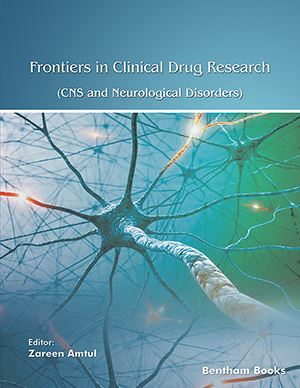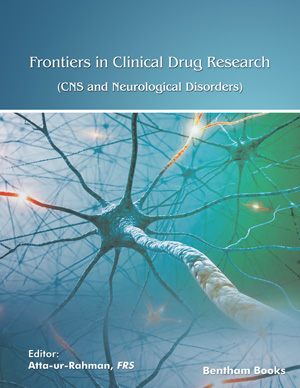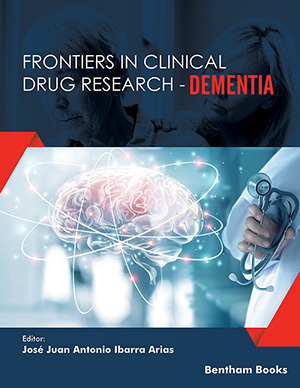
Abstract
Galanin is a biologically active neuropeptide, widely distributed in the central and peripheral nervous systems and the endocrine system. The amino acid sequence of galanin is very conserved (almost 90% among species), indicating the importance of the molecule. Galanin has multiple biological effects. In the central nervous system, galanin alters the release of several neurotransmitters. In particular the ability of galanin to inhibit acetylcholine release, along with the observation of hyperinervation of galanin fibres in the human basal forebrain of Alzheimers disease patients, suggest a possible role for galanin in the cholinergic dysfunction, characteristic of the disease. Moreover, galanin has been suggested to be involved in other neuronal functions, such as learning and memory, epileptic activity, nociception, spinal reflexes and feeding. Galanin has also been shown to increase the levels of growth hormone, prolactin and luteinizing hormone, to inhibit glucose induced insulin release and to affect gastrointestinal motility. The expression of galanin (mRNA and peptide levels) is elevated following estrogen administration, neuronal activation, denervation and/or nerve injury, as well as during development. The spectrum of galanins activities indicates that galanin is an important messenger for intercellular communication within the nervous system and the neuroendocrine axis. Galanin acts at specific membrane receptors to exert its effects; so far three human and rodent galanin receptor subtypes have been cloned. Galanin agonists have been shown to have therapeutic application in treatment of chronic pain; galanin antagonists have therapeutic potential in treatment of Alzheimers disease, depression, and feeding disorders.
Keywords: galanin, galanin receptors, nervous system, alzheimers, depression, pain, nerve regeneration, transgenic, drug treatment, therapeutics
 8
8


















